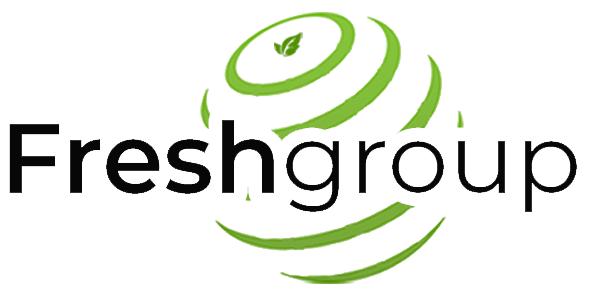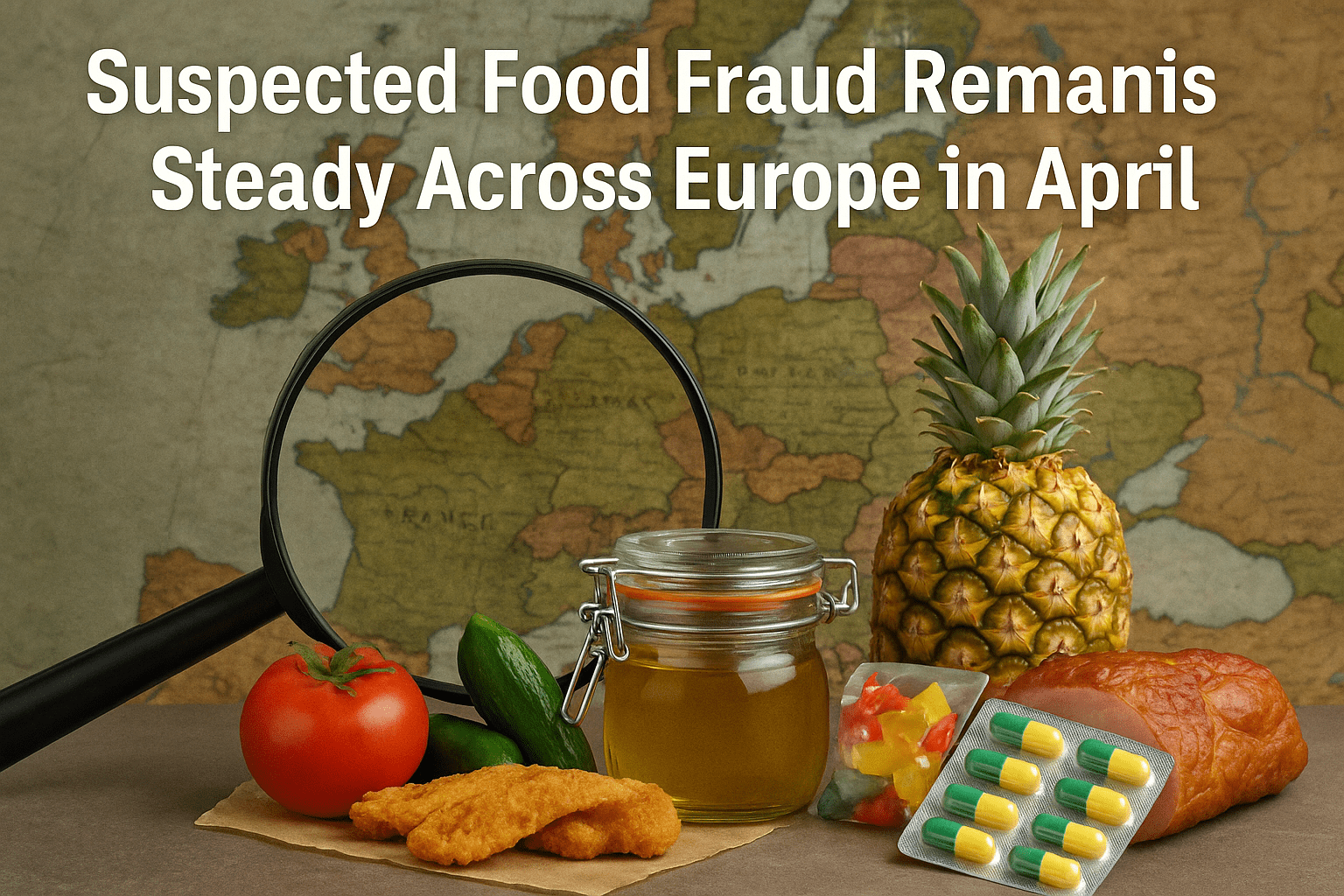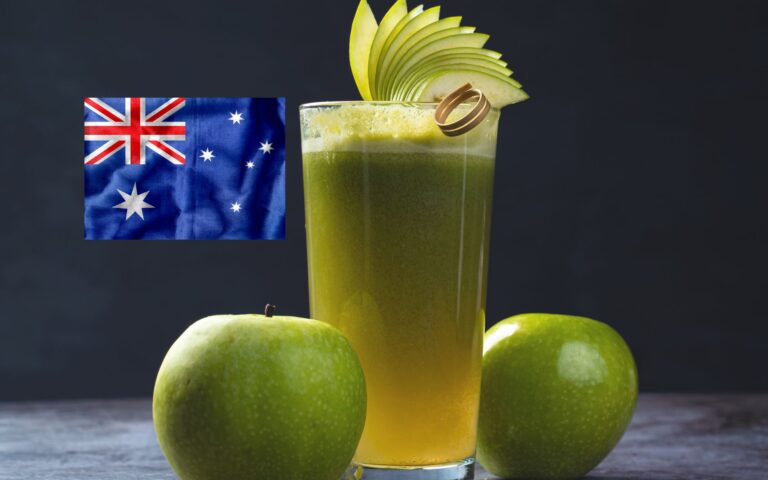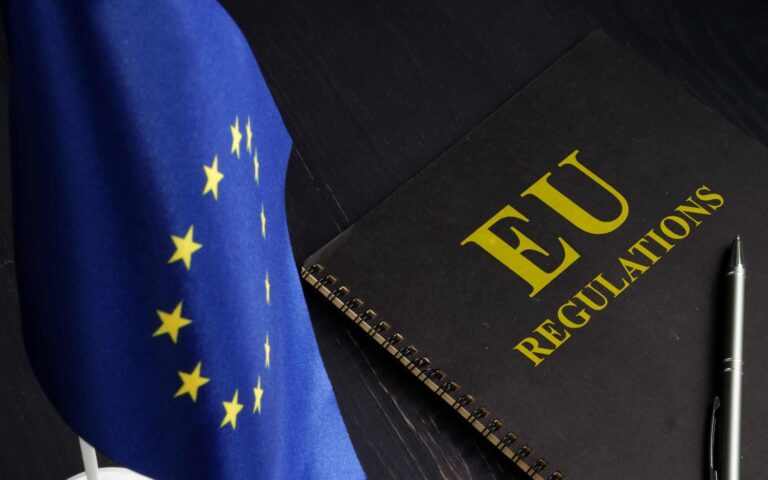In April 2025, the number of suspected food fraud and other non-compliance alerts across Europe remained steady, with 235 reports—nearly identical to the 237 recorded in March. However, this represents a significant drop from April 2024, when 341 cases were logged.
These reports, published monthly by the European Commission, highlight potential cases of fraud and regulatory non-compliance that may trigger investigations by the authorities of EU member states. The alerts are compiled from the Alert and Cooperation Network (ACN), which draws data from systems like the Rapid Alert System for Food and Feed (RASFF), the Administrative Assistance and Cooperation Network (AAC), and the Agri-Food Fraud Network (FFN).
The primary goals of the ACN are to:
- Support national authorities in developing risk-based controls to detect and deter fraud;
- Assist the food industry in conducting vulnerability assessments;
- Identify and monitor emerging risks in the agricultural and food sectors.
Key Findings in April 2025:
- Top Category: Fruits and Vegetables
These products were cited in 71 reports, mainly due to excessive pesticide residues. - Second: Dietetic and Fortified Foods
This group—including dietary supplements and fortified products—had 37 alerts. - Third: Poultry Meat Products
A total of 15 alerts involved poultry, placing it among the top three most affected categories.
Detection Methods:
Most issues were discovered through border inspections and market surveillance. Additional detection sources included:
- Internal company checks (24 cases)
- Consumer complaints (9 cases)
- Reports of food poisoning (2 cases)
- Whistleblower tips (3 cases)
Highlights from Specific Alerts:
- United States: Eight alerts involved products from the U.S., including:
- Tartrazine (a synthetic dye) in snacks
- THC in sweets
- Unauthorized substances in food supplements
- Adulteration Cases:
- Pineapple tea from Poland without any pineapple
- Spanish olive oil diluted with sunflower oil
- Fish balls from Thailand made with lower-quality fish species
- Tampering and Undeclared Ingredients:
- Ethylene oxide in ground ginger from Lebanon
- Irradiated food supplements
- Undeclared pork and chicken in kebab meat sold in Germany
- Allura Red dye in gin from Ireland
- Chlorate in chicken from Brazil
- Record Tampering:
- Gluten detected in products labeled “gluten-free”
- Misleading imagery on a cheese substitute product
- Animal Products and Imports:
- A horse from the Netherlands found unfit for human consumption
- Multiple alerts for THC and/or CBD in sweets, chocolate, and biscuits
- Suspected illegal imports:
- Animal products from Moldova
- Milk drinks from China
- Beans from Nigeria
- Unauthorized Operators and Substances:
- Lamb meat from Poland and sausages from Austria were linked to unauthorized operators
- Additional alerts cited:
- Non-EU-approved ingredients
- Traceability failures
- Products bypassing border controls
- Pesticide residues above maximum legal limits
Source: FSN
Reach out to Fresh Group Food Safety And Quality Consulting for any inquiries related to food quality and safety.




